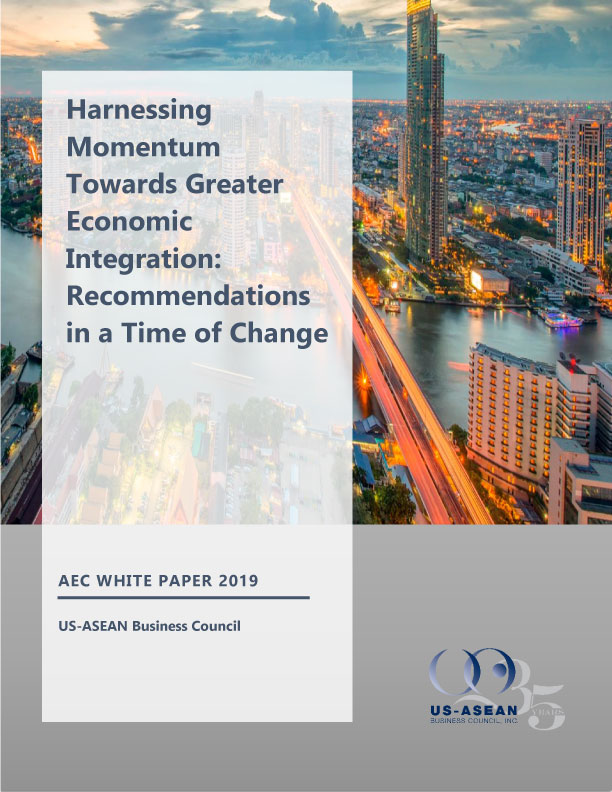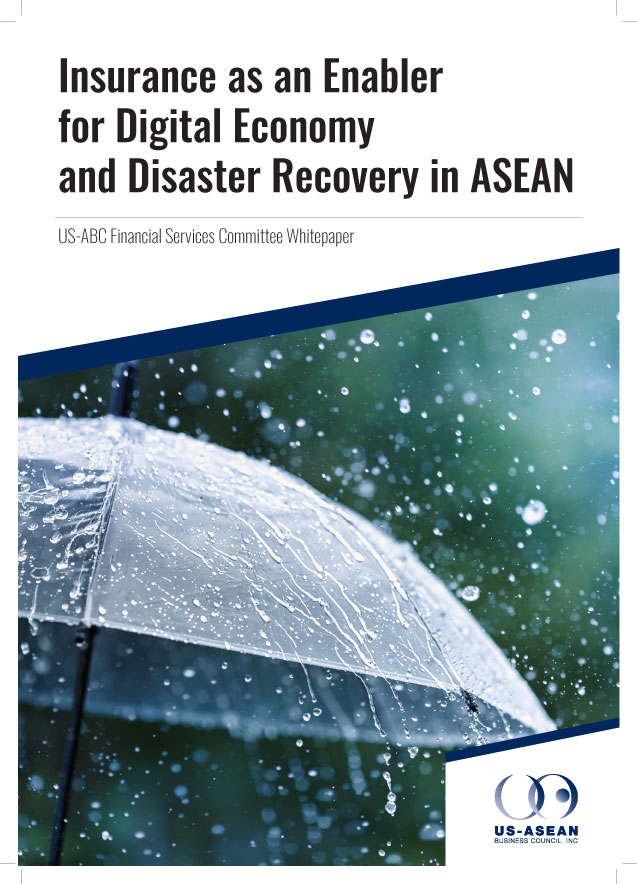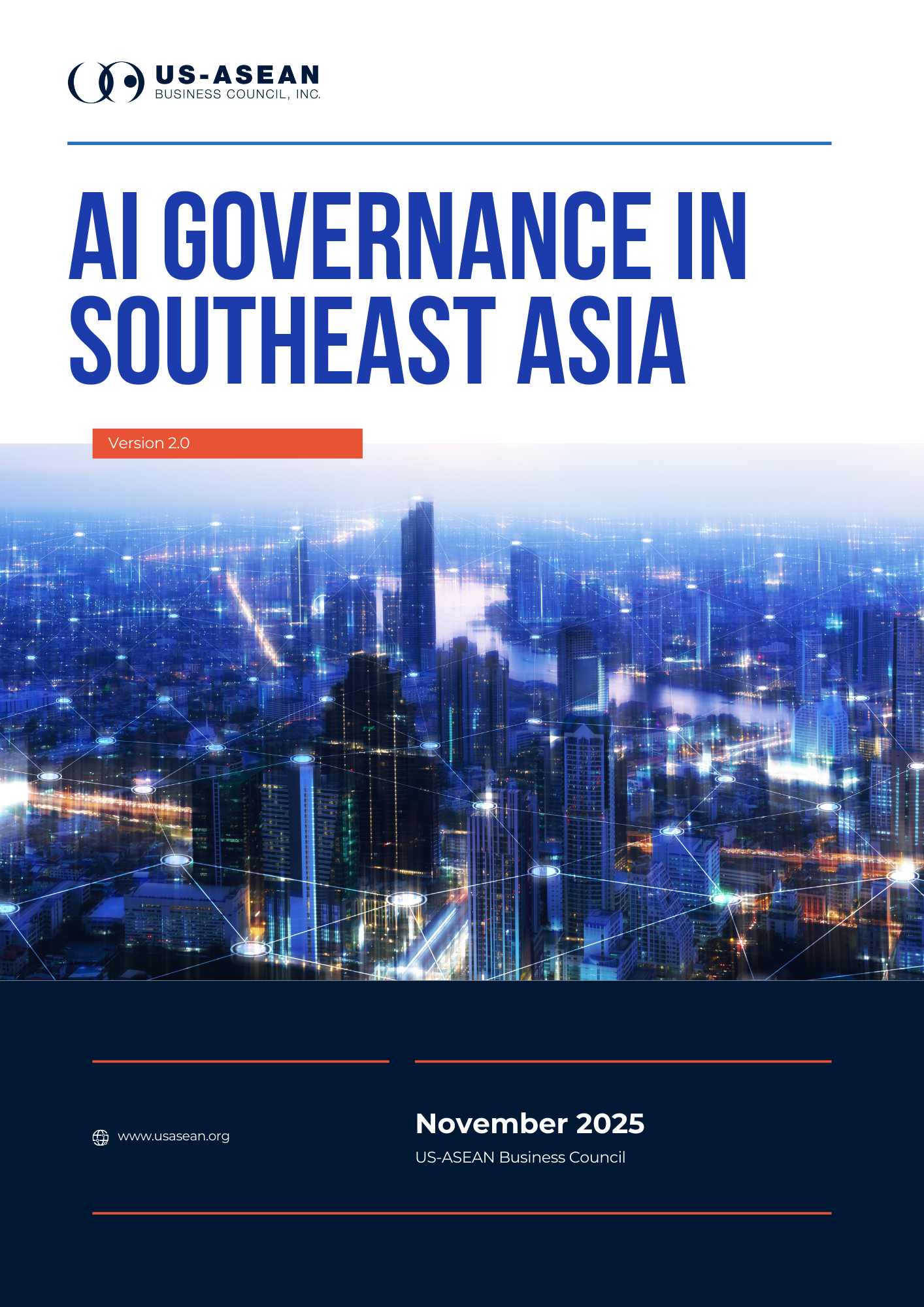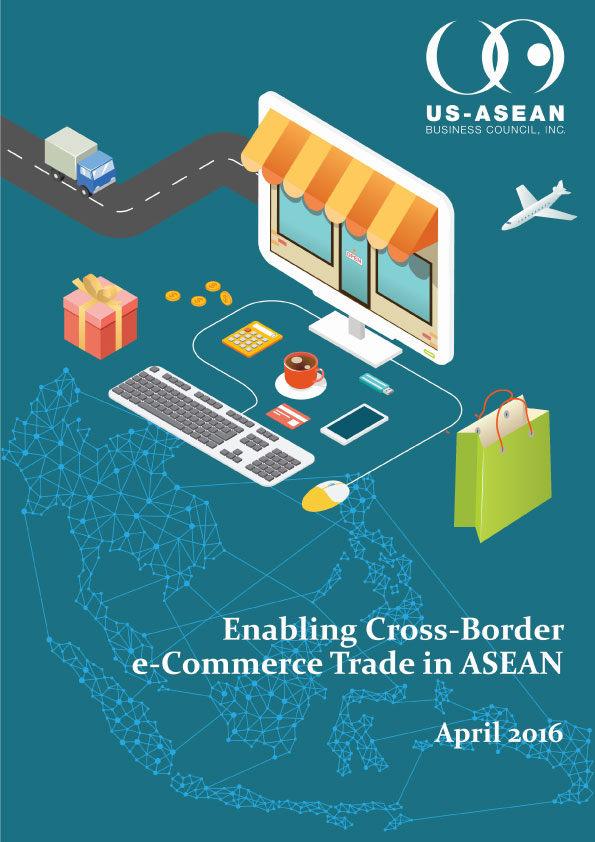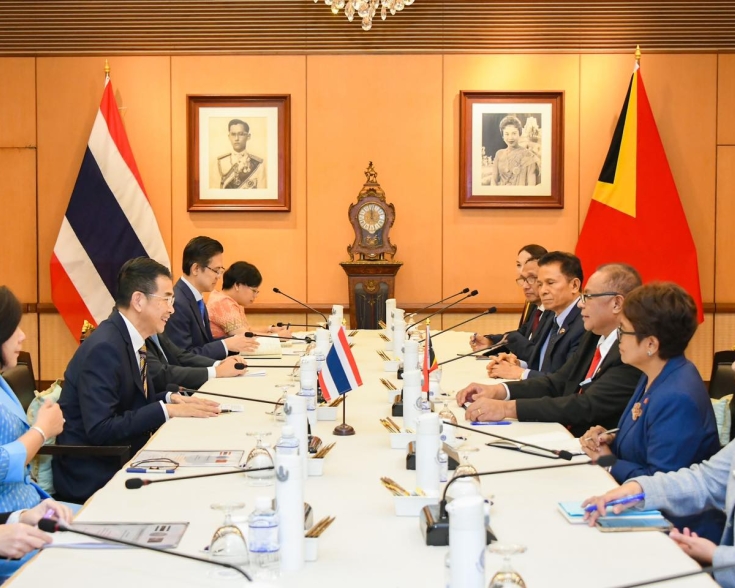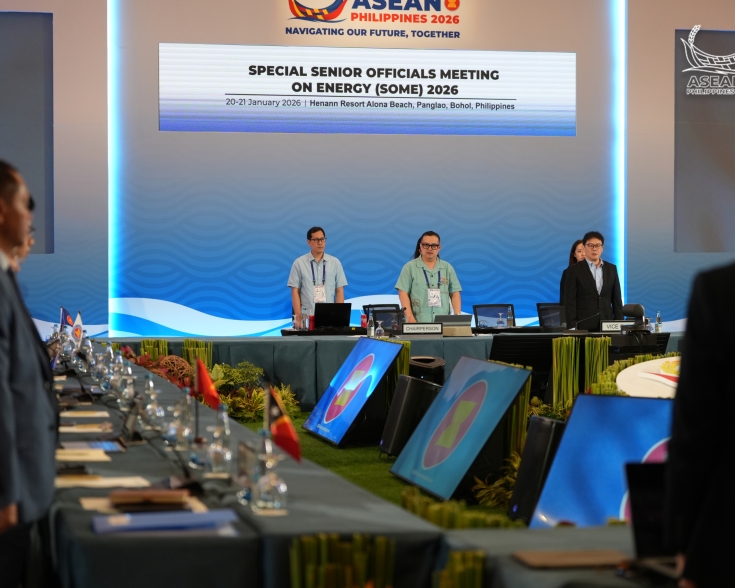US-ASEAN Cooperation Critical for Combatting Cybercrime and Financial Scams in ASEAN

Earlier this year, the Government of Thailand led the crackdown on scam centers in the Mekong Circle. However, a recent report by the UN Office on Drugs and Crime (UNODC) highlighted that the fraud and cyber scam syndicates have merely relocated deeper into the “remote, vulnerable, and underprepared” areas of the region, leveraging poor governance in those areas. Additionally, new illicit online markets, including online gambling, cryptocurrency exchanges, stablecoins, and blockchain networks, are driving ASEAN governments to further develop their anti-cybercrime initiatives.
The Bank of Thailand (BOT) has seized 1.5 million mule accounts and aims to establish new digital fraud management guidelines by June 2025. The Philippine senateis deliberating the Scam Prevention Center Act, while the Bangko Sentral ng Pilipinas (BSP) launched the Financial Cyber Resilience Governance Council (FCRGC) to address the rise of cybercrimes– 66% of which occur in the banking and financial services sector. Meanwhile, the Monetary Authority of Singapore has implemented anti-cyberscam initiatives, including the Shared Responsibility Framework, public awareness campaigns, and enforcement cooperation across domestic and foreign partners.
Cybercrimes are transnational in nature, estimated to result in annual losses of up to USD 37 billion, with the United States suffering USD 5.6 billion of loss due to cryptocurrency scams in 2023. The U.S. Treasury has recently imposed sanctions on the Karen National Army (KNA) and the Cambodia-based Huione Group for their involvement in cyber scams and money laundering activities. Consequently, the U.S has signaled its interest in a cybersecurity collaboration with the ASEAN region. Stronger intra- and inter-regional cooperation among U.S. and ASEAN stakeholders will be critical for the financial sector.



